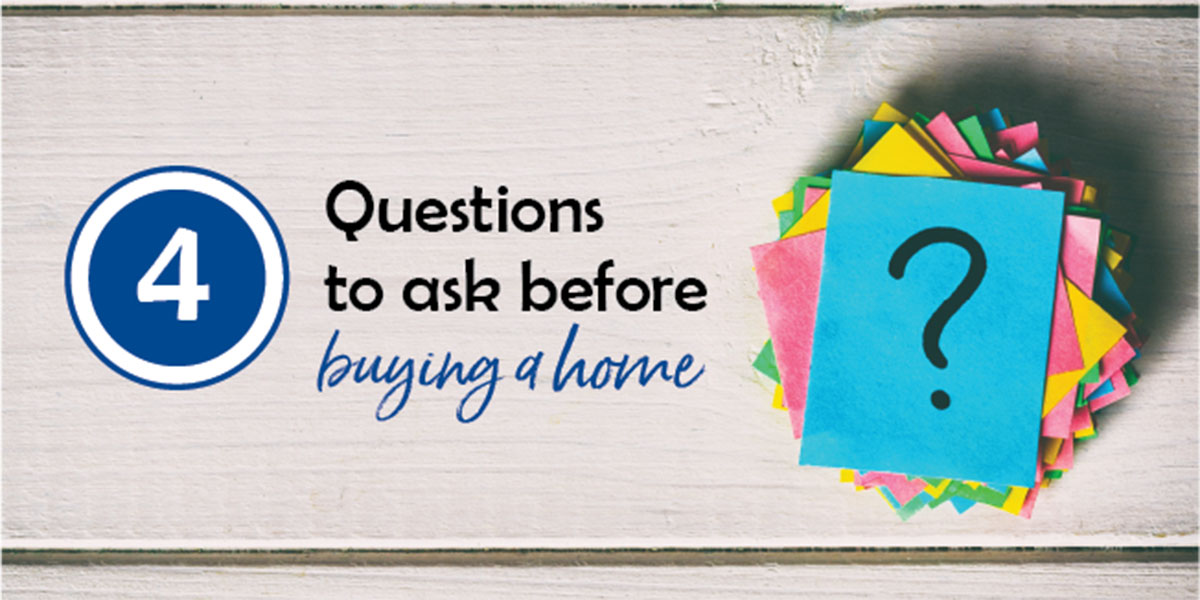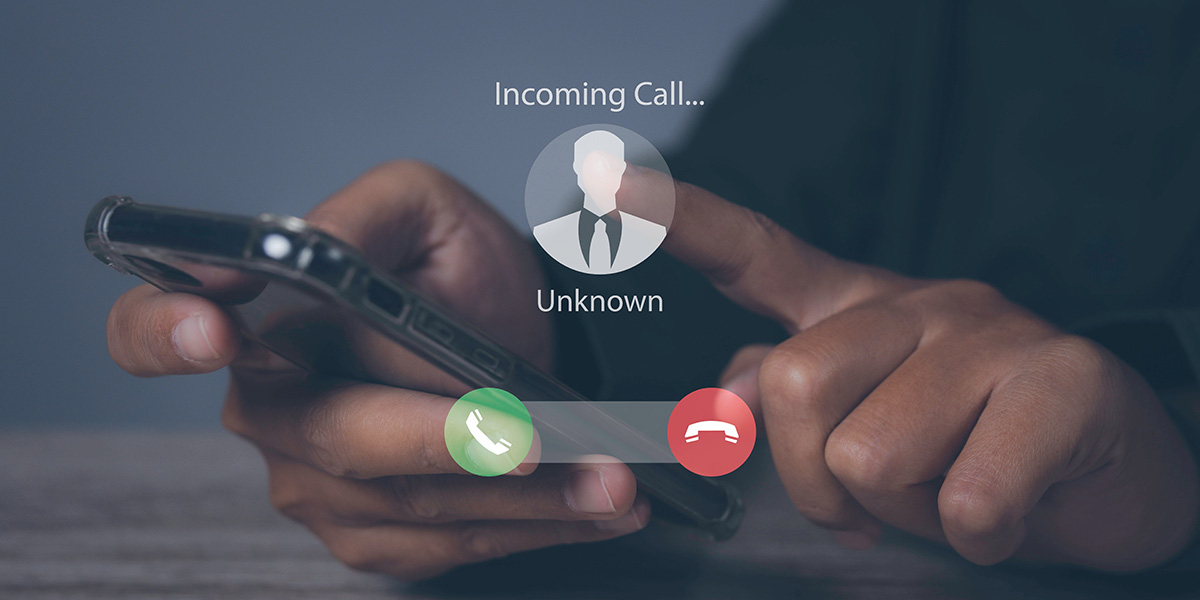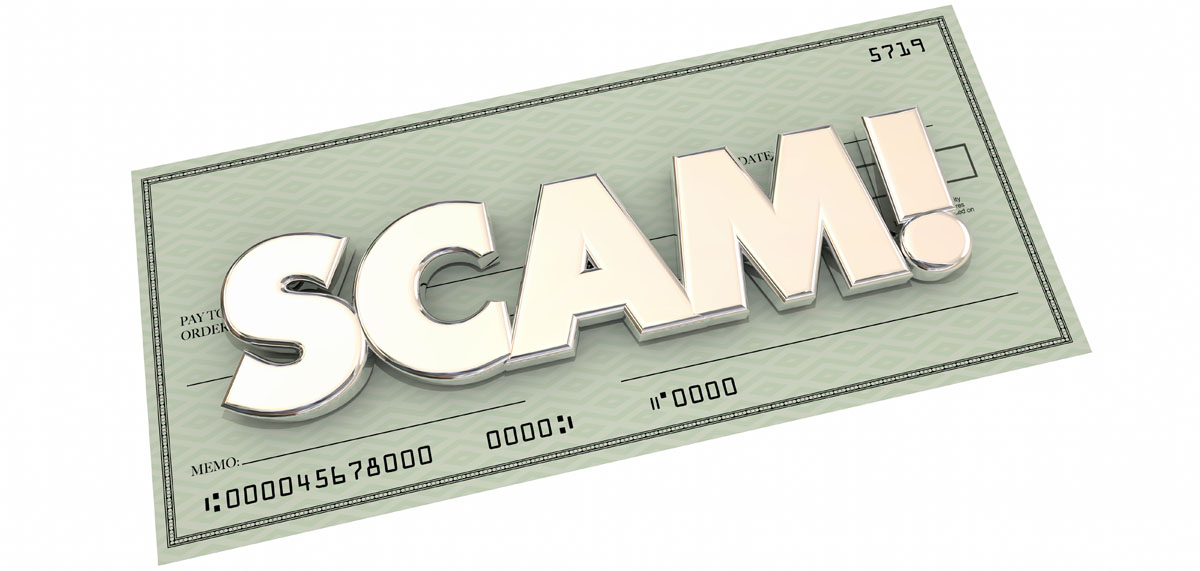
4 Questions to Ask Before Buying a Home
May 23, 2023
When you start asking the right questions and running the numbers you can more accurately figure out what house (or at least what home price) fits you best. But be forewarned – it could also lead you to question other things you’ve taken for granted, like what in the world did Kevin McAllister’s parents do in Home Alone to afford that house in Chicago? We may never get an answer to that last question, but let’s take a stab at the four big questions to answer before you buy a home.What are my current expenses?
Consider all your current and expected financial obligations like your car payment and insurance, credit card debt and student loans. Make sure you will be able to make all the payments in addition to the cost of your new home. A good rule of thumb is to aim to keep total rent or mortgage payments plus utilities to less than 25 to 30 percent of your gross monthly income.How does my credit score look?
When it comes to getting a mortgage, your credit score plays an important role. The bank uses it to understand how likely it is that you’ll pay your debts in the future. It’s calculated based on many factors including: amount owed on current debts, payment history, the length of your credit history, new credit, and your mix of credit types. You can request a copy of your credit report for free on an annual basis from each of the major credit bureaus (Equifax, Experian, and TransUnion). As an SNBT customer, you can also get a good look at your credit score in Online or Mobile Banking. Log in, find “Credit Score” in the menu, and Voila! The Credit Score feature also gives you quick tips to help improve your score if it’s on the lower side.How much cash do I need up front for a down payment?
Typically you’ll need at least 3% of the total purchase price of the home as a down payment. If you put down 20% or more, you will normally avoid paying Private Mortgage Insurance (PMI) on top of your regular payment. For some, paying PMI is worthwhile to get them into the home they’ve been dreaming of, and others would rather wait until they have the full 20%. It will really depend on your situation and what will be the most valuable to you! It’s a great conversation to have with your lender. They’ll give you the pros and cons of both options and give you all the numbers you need to make the best decision.How much can I afford in a mortgage payment over time?
Keep in mind, the cost of home ownership goes far beyond the mortgage payment! Create a hypothetical budget for your new home. Find the average cost of utilities in your area, factor in gas, electricity, and water. Find out if you will have to pay for any additional services like parking or trash pickup. Don’t forget to consider the cost of yard maintenance and other basic maintenance costs like replacing the air filter every three months. Factor in real estate taxes, mortgage insurance, homeowner’s insurance, and possibly a homeowner association fee. You might even want to do a “test run” of your hypothetical budget before signing on the dotted line. Take the total amount of all the new expenses and subtract what you already pay. Then, put the difference into a savings account each month for a while. After a few months you can assess how comfortable you feel with the new potential budget and make adjustments as necessary.It doesn’t matter if you’re on your way to buying your first home or you’re ready for a second or third in your lifetime. The basic questions to ask yourself before deciding on “the one” and starting the mortgage process are the same, and you can always lean on your lender for guidance along the way.
I wonder what Mr. & Mrs. McCallister’s answers were like…the world may never know!












